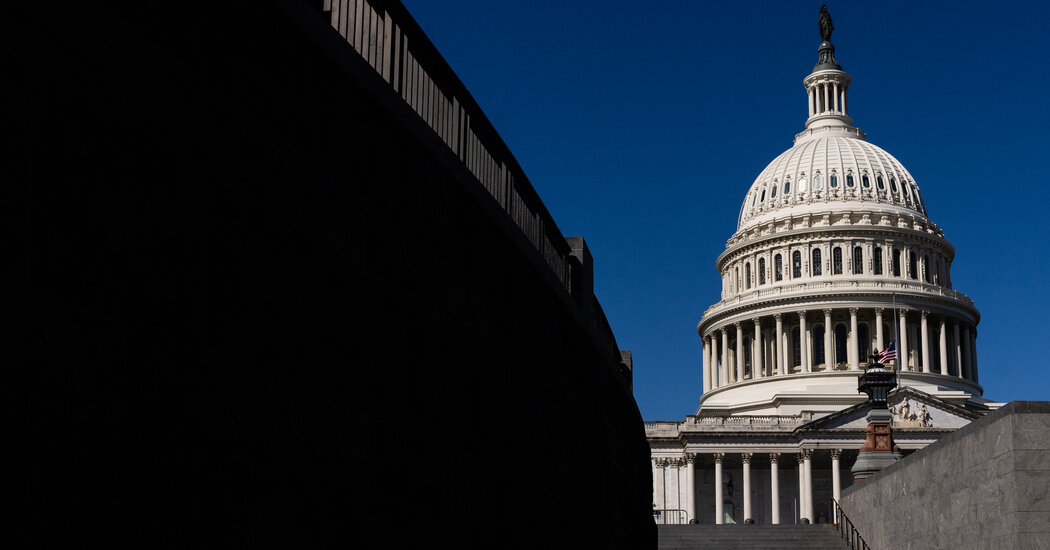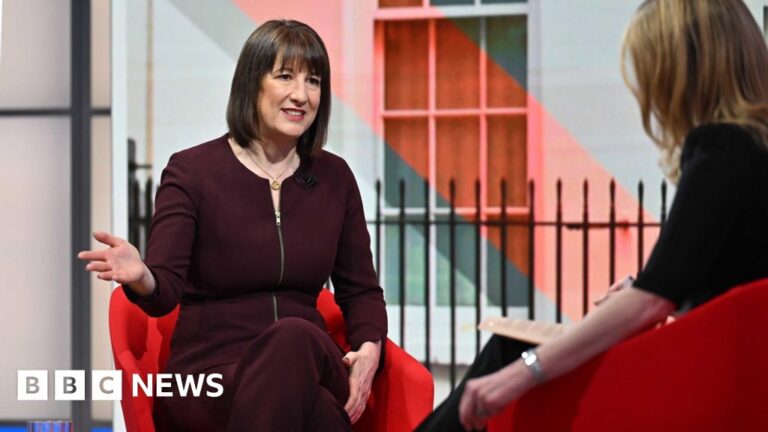The United States could run out of cash to continue paying its bills by mid-July if Congress does not take action to raise or suspend the nation’s debt limit, according to an analysis on Monday by the Bipartisan Policy Center. The date is subject to considerable uncertainty and relies on estimates of how much wiggle room the Treasury has to use accounting maneuvers to keep paying the government’s bills by shifting money around. The Bipartisan Policy Center provided estimates suggesting that the X-date could come as late as the beginning of October.
The debt limit is a cap on the total amount of money that the United States is authorized to borrow to fund the government and meet its financial obligations. Because the federal government runs budget deficits, it must borrow huge sums of money to pay its bills. The national debt is now approaching $37 trillion.
Policymakers must commit to responsible budgeting, which starts with avoiding debt limit brinkmanship and its impacts on our economy, Margaret Spellings, the president of the Bipartisan Policy Center, said in a statement.
Efforts to address the debt limit will likely consume Congress and the Trump administration later this year as Republicans race to enact trillions of dollars of tax cuts. The national debt is now approaching $37 trillion.
Source link




